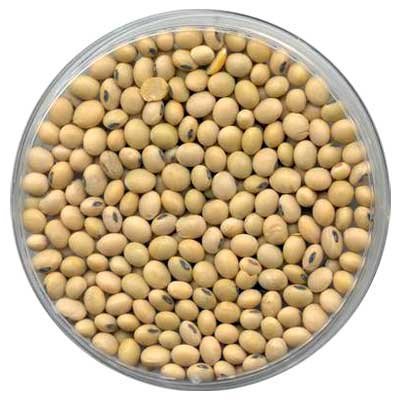Oilseeds such as rapeseed, canola and sunflower seeds are the basis for a wide range of foods, animal feeds and other products.

Almonds are the edible seeds of Prunus dulcis, more commonly called the almond tree. They are native to the Middle East, but the US is now the world's largest producer.
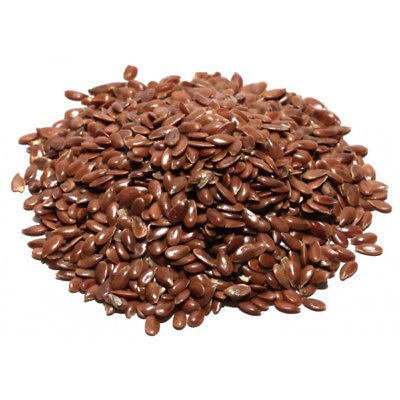
Flaxseed is also known as linseed and these terms are used interchangeably. Flaxseed is often used to describe flax when consumed by humans while linseed denotes when it is used specifically for industrial applications. It is basically a food and fiber crop.

Mustard seeds are the small round seeds of various mustard plants. The seeds may be coloured from yellowish white to black. They are an important spice in many regional foods and may come from one of three different plants: black mustard, brown Indian mustard, or white/yellow mustard.
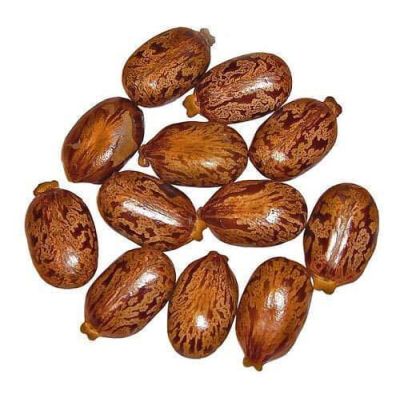
Castor seed is the source of castor oil, which has a wide variety of uses. The seeds contain between 40% and 60% oil that is rich in triglycerides, mainly ricin olein. The seed also contains ricin, a water-soluble toxin, which is also present in lower concentrations throughout the plant.
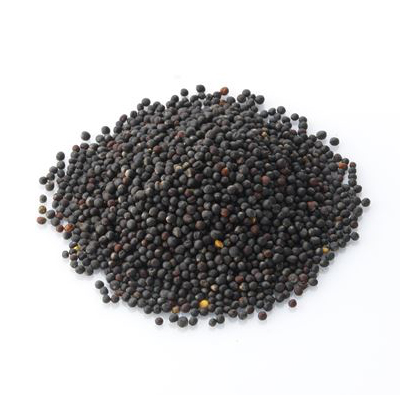
Rapeseed/Toria and mustard are the third most important edible oilseed crops of the world after soybean and oil palm. The oil content varies from 37 to 49%. The seed and oil are used as condiment in the preparation of pickles, curries, vegetables, hair oils, and medicines.
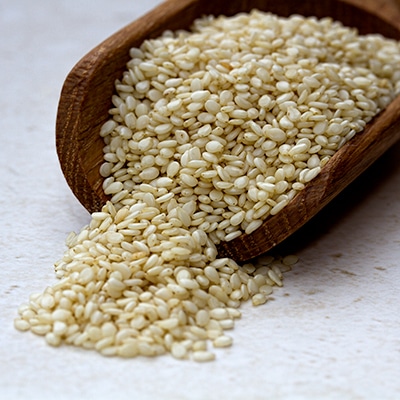
Sesame has one of the highest oil contents of any seed, the seeds contain about 50 % to 60 % of a fatty oil. Highly valued in eastern, Mediterranean and African cultures, sesame seeds have been used for thousands of years to flavour foods, provide essential fats and enhance skin health.
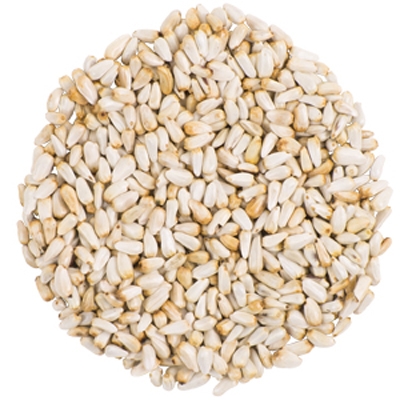
Safflower seeds are achenes (fruits) surrounded by a thick fibrous hull. They are smooth, shiny and angular, about 6-9 mm long, white or brownish and white with grey, brown or black stripes. Whole safflower seeds are mainly used for pet food.

The sunflower seed is the fruit of the sunflower. There are three types of commonly used sunflower seeds: linoleic (most common), high oleic, and sunflower oil seeds. Each variety has its own unique levels of monounsaturated, saturated, and polyunsaturated fats.
